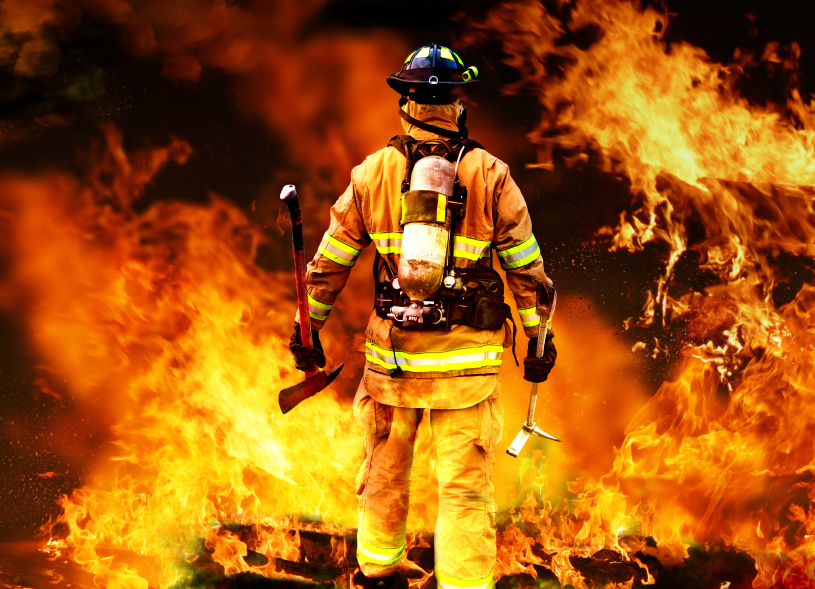 Welcome back! Are you ready for the second installment of “Your Resume, Is It Good Enough To Get You A Job”? In part one of this series we identified the major topic headings of your resume.
Welcome back! Are you ready for the second installment of “Your Resume, Is It Good Enough To Get You A Job”? In part one of this series we identified the major topic headings of your resume.
To recap, they are: Professional Experience, Education, Certifications and Qualifications and Community Involvement / Special Related Interests. You can use other descriptive words for the headings but the idea should be the same. For example you can simply use Experience or Work Experience in place of Professional Experience. For Education feel free to expand this topic to Formal Education or Professional Education. In place of Certifications and Qualifications you could use Certificates and for Community Involvement and Special Related Interests you could use Volunteer Work and Outside activities. You get the point.
Now that we have established some viable alternatives for topic headings let’s jump into what information should be included in your Fire Service Resume:
This is where the rubber meets the road. It is important to include current and past experience in this section. When you list your experience do so in reverse chronological order, that is, most recent first. If you have relevant, significant Volunteer Work Experience you should consider putting it here as well. The details that should be included in the section are:
Name of the Company or Agency worked for and you can bold this information if you like.
City and State they are located in and spell out the city and you may abbreviate the state if you choose.
Title/Position you held or hold and capital letters for the title are ok but only the first letter of each word.
Dates of employment for each position and please use full 4-digit year with dashes between, for example: “2005 – 2014” or “2002 – Present”.
Bullet points of duties performed:
- Include the duties you performed in bullet point format
- Put the most relevant duties first
- These duties should match up to the duties of the job you are applying for as much as possible.
- The first job should have at least 4 duties, the next job should have three and two thereafter
- Use strong action verbs that show that you actually did something
- For current jobs use the present tense of the action words such as: perform, conduct, assist etc.
- For jobs that you are no longer employed at you should use the past tense of the action words like: performed, conducted and assisted etc.
If you are early in your career you may only have jobs of short duration. In that case you should include the duties that most accurately depict the important skills you will use as a firefighter. Some examples are; perform maintenance on tools and equipment, work as part of a team and interact with customers on a regular basis. If you have a longer career history then listing 10 years of work experience is a good rule of thumb. If you include more than 10 years the information may be out of date due to the fact that technology and some skills you possessed that long ago may have experienced significant changes or are even irrelevant in todays job market.
This section may require some effort to get it where you want it. Don’t worry, it is well worth the time you invest. Once you are happy with your work and have had someone who is versed in resumes review it, take a minute to relax and remember you are one step closer to a great resume. You may still have questions or be looking for more in depth information. If so, Fire Alumni’s cadre of seasoned firefighters and officers has spent many years analyzing firefighter, fire officer and chief officer resumes and we have provided a resource for you to get more help. Please visit us at Fire Alumni and click on Resources. Our resume evaluation is under coaching. We are here for you and have built a tradition and reputation of helping candidates of all ranks project the best in themselves.
In the next installment we will cover Education and all the ways to put your best foot forward relative to formal and informal learning.
One final thought…Be realistic and honest. We can tell if what you claim you did was actually possible. Remember we were in your boots at one point too.
Until next time… Do Your Job and Do What Is Right, ALWAYS !



